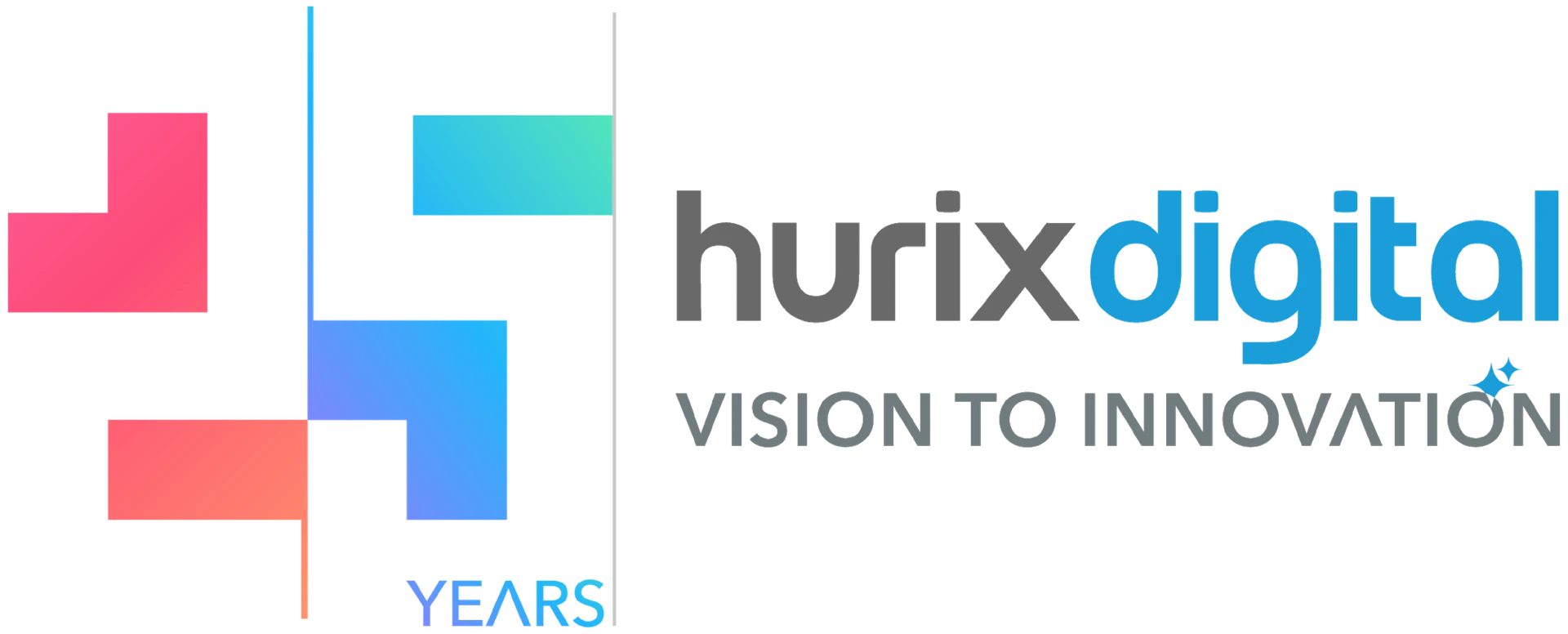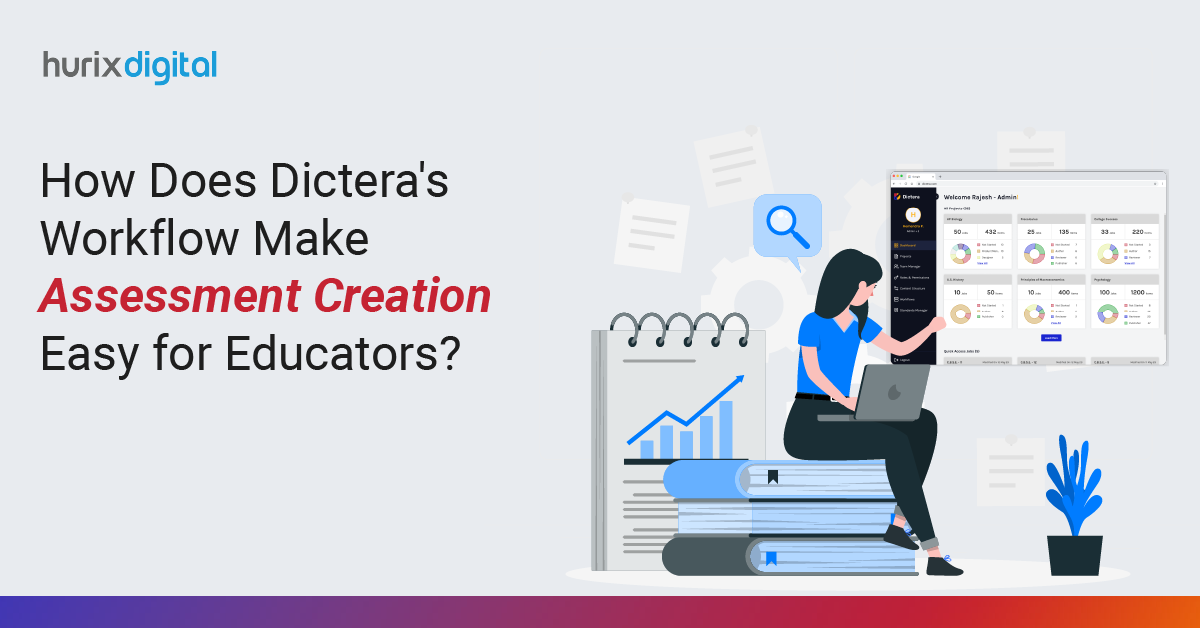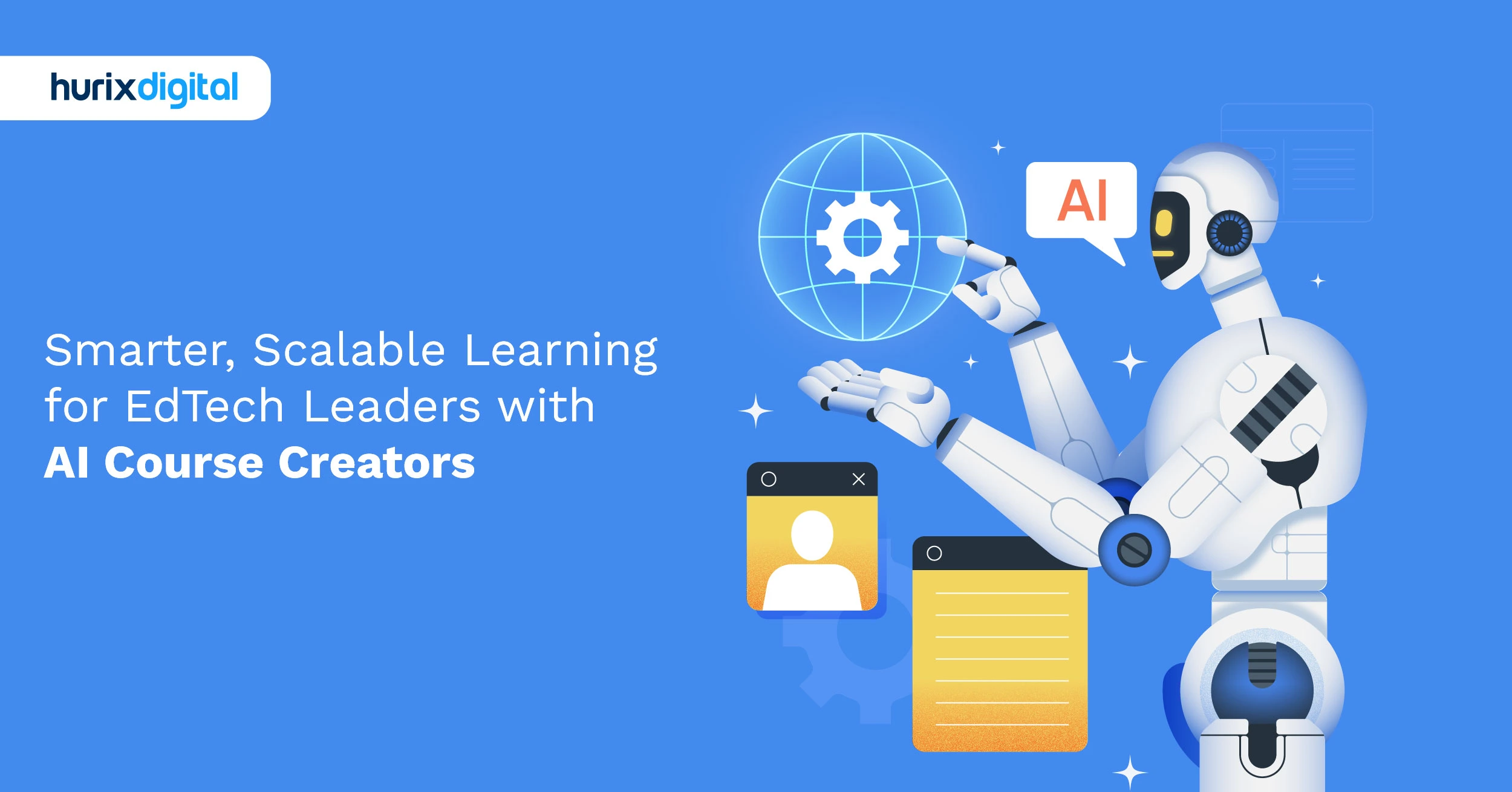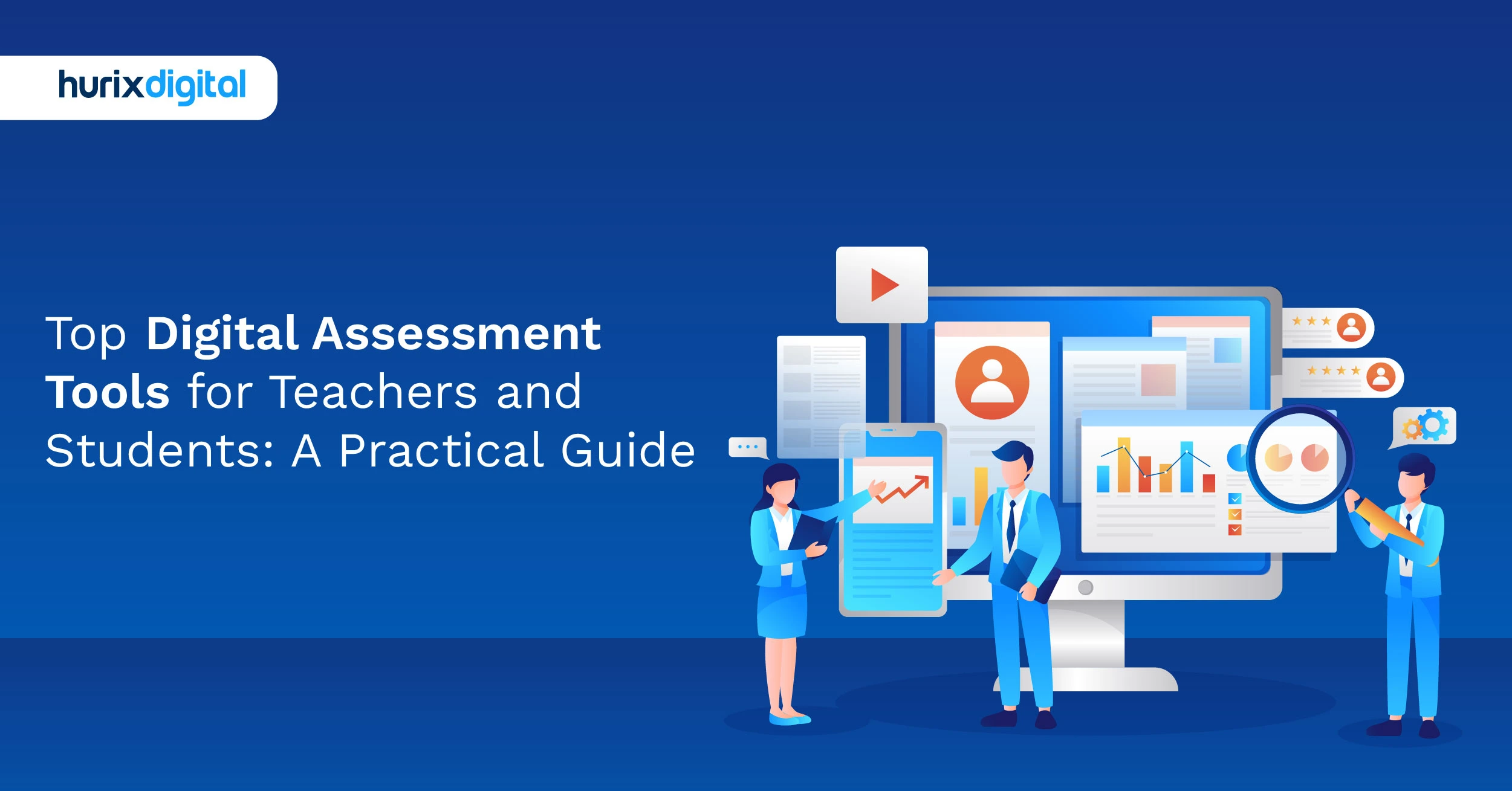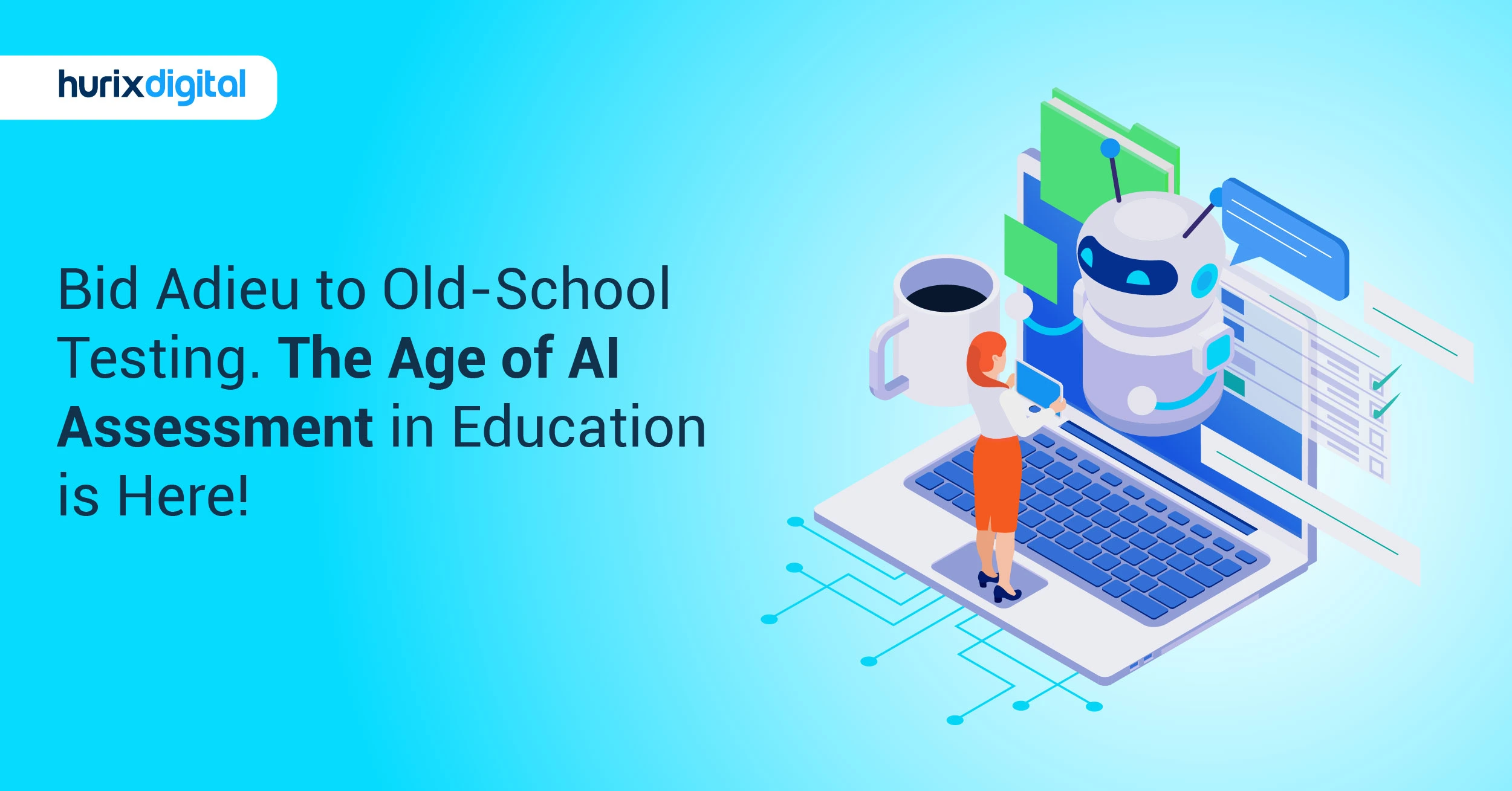
The Importance of Collaboration in Large-Scale Assessment Development
Summarize with:
Assessing learners in any online learning program is a multifaceted process. The ultimate objective is to offer a learner a high-quality, relevant education. While multiple factors are involved in this process, collaboration is one of the most important aspects to ensure a successful assessment.
A ResearchGate study reveals that 96% of students working collaboratively in groups learned better. Collaborating with others helped learners hone their skills and improve their academic outcomes.
In this post, we’ll explore the most exciting aspect of assessment generation: collaboration. We’ll examine how assessment authoring tools such as Dictera prompt educators to collaborate for the benefit of their learners and help with high-quality assessment development.
Table of Contents:
- What is Collaboration in Assessment Development?
- Why Collaboration in Assessment Development Help?
- Importance of Collaboration in Assessment Development
- How to Improve Your Assessment Creation Process Through Collaboration?
- In Conclusion
What is Collaboration in Assessment Development?
Team-based test creation for online learning is a detailed process requiring multiple stakeholders’ collective efforts.
Collaboration during assessment development involves sharing various assets and pooling resources, the most important requirements for implementing effective online learning.
Collaborative working is, in fact, one of the key features of automated assessment authoring tools during assessment or course creation. A study shows that in a collaborative test, the mean group score was 15% higher than the mean individual exam score, showing how crucial collaboration is.
Also Read: 10 Benefits of Using Dictera Over Traditional Assessment Authoring Tools
Why Collaboration in Assessment Development Help?
Team-based test creation significantly improves the quality of your assessments while strengthening learner engagement. AI-based assessment authoring tools like Dictera allow this collaborative learning to run smoothly.
Collaboration and team-based test creation in large-scale assessment development also allow educators and training professionals to complete projects while developing their learners’ social, teamwork, and communication skills.
To this end, this post will discuss collaborative assessment generation more and how it makes it easy to communicate and share information among learners and facilitate effective discussions that can lead to better learning outcomes.
Importance of Collaboration in Assessment Development
Effective collaboration plays a key role in the overall process of assessment development. Here are some of the ways collaboration helps during the process:
1. Facilitate Co-Authoring
Automated assessment collaboration tools such as Dictera prompt educators and course creators to seek input from peers and different co-authors inside and outside the organization. Likewise, L&D teams and educators can create cross-functional assessment teams with their learners by better expressing their ideas and transferring their knowledge to others.
Additionally, collaborative assessment helps bring together people of various backgrounds, education levels, and ages. In making high-quality, relevant assessments, educators get to hear a variety of explanations from people with different perspectives and new ideas unique to their culture or thought process.
As a result, collaborative assessment creation can encourage open-mindedness and acceptance in all stakeholders involved.
2. Help Improve Learning Outcomes
Collaborative assessment development is an excellent practice that can enhance student engagement, improve learning outcomes, and improve critical thinking and problem-solving skills.
This is possible because different viewpoints and ideas generate creative solutions. Collaborative assessment-making with AI assessment generators like
Dictera encourages this type of creative thinking because several different ideas and viewpoints often help other team members discover an effective solution to a common problem.
3. Build an Inclusive Learning Environment
Collaboration in large-scale assessment development can help reduce heterogeneity between learners by utilizing their skills, knowledge, and social profiles. This, in turn, helps build an inclusive learning environment by facilitating different stakeholder involvement in testing.
With real-time collaboration during large-scale assessment making, educators can connect instantly, receive feedback on their drafts, and make faster decisions. It enables them to work together, whether sitting in the office or working from across the globe.
4. Peer Review
Apart from the co-authoring feature, most assessment authoring tools also have an updated peer review system. This means that course creators, educators, and cross-functional assessment teams can ask external assessors or peers to check the quality of their tests/assessments and provide feedback.
Likewise, peer editing during assessment creation involves educators and content creators making detailed comments on each other’s draft work to help refine the quality, structure, and style of the tests or assessments.
Overall, automated assessment generation tools provide guidance and initial support to help educators support each other throughout assessment development.
How to Improve Your Assessment Creation Process Through Collaboration?
In this section, we will discuss the assessment development best practices and various ways to improve your assessment creation process using an AI assessment generator:
1. Offer Feedback
Feedback is one of the key assessment development best practices, as it helps learners improve their learning and educators adjust their instruction. Collaborative item writing with peers during assessment generation can also help you provide timely, more consistent, and constructive feedback to your learners.
2. Align Your Goals
Before creating and implementing any assessment, it is important to clearly understand what you wish to measure, why, and how. Collaborating with your peers and other stakeholders can help you align your assessment goals with the curriculum standards, learning objectives, and learners’ needs and interests.
3. Share Your Strategies
When it comes to assessment creation, there is no one-size-fits-all approach. Different types of assessment can serve varied purposes for learners. For instance, formative and summative are some of the types of assessments you can create using AI assessment generators.
While easily collaborating with peers to help you learn from each other’s experiences, explore new perspectives, and diversify your assessment strategies.
4. Engage in Regular Brainstorming Sessions
Collaborative brainstorming fosters creativity and allows for more diverse question types, assessment structures, and learning activities. Scheduling regular brainstorming sessions with your peers encourages everyone to contribute fresh ideas, discuss new trends in assessment, and ensure the evaluation remains relevant and engaging for learners.
5. Establish Clear Communication Channels
Effective collaboration requires transparent communication. Use communication tools integrated with AI assessment platforms, such as chat or comment features, to discuss changes, resolve misunderstandings quickly, and ensure everyone is on the same page regarding assessment goals and content.
6. Encourage Reflection on Past Collaborations
After completing an assessment project, encourage team members to reflect on what went well and what could be improved. This practice helps the team learn from past experiences, optimizing collaborative workflows for future assessment development projects.
Also Read: Generate 100% Authentic Assessments with Dictera’s AI Plagiarism Checker
In Conclusion
Crafting assessments that align with required learning standards while considering depth of knowledge and difficulty level can be time-consuming.
AI question generators like Dictera offer a fast and efficient solution for creating high-quality assessments. Apart from leveraging the power of artificial intelligence and machine learning technologies to automate the end-to-end process of making assessments,
Dictera from Hurix Digital also enables educators to collaborate in real-time to create high-quality assessments for educational institutions and organizations.
We are happy to help you if you want to learn more about real-time collaboration among authors, SMEs, and reviewers to make large-scale assessment design seamless.
Summarize with:

Vice President & SBU Head –
Delivery at Hurix Technology, based in Mumbai. With extensive experience leading delivery and technology teams, he excels at scaling operations, optimizing workflows, and ensuring top-tier service quality. Ravi drives cross-functional collaboration to deliver robust digital learning solutions and client satisfaction
 A Space for Thoughtful
A Space for Thoughtful 